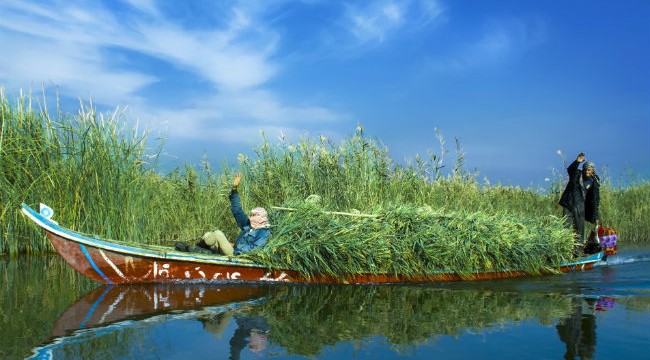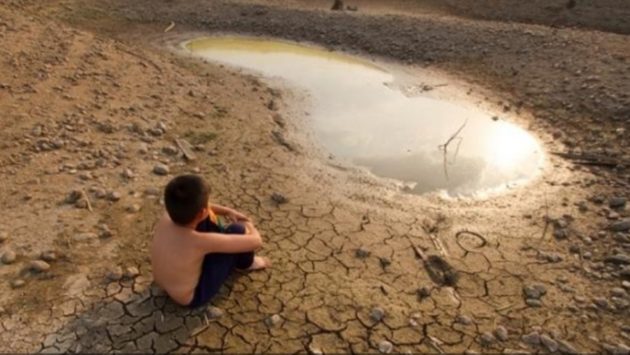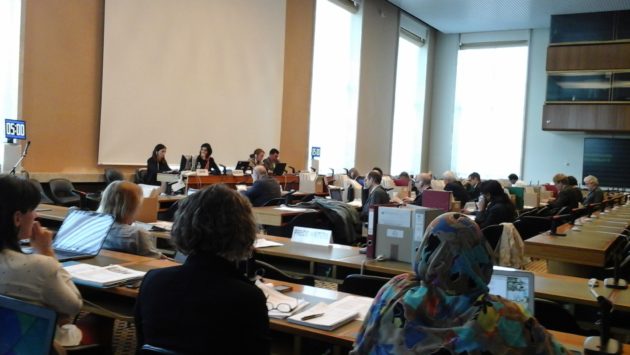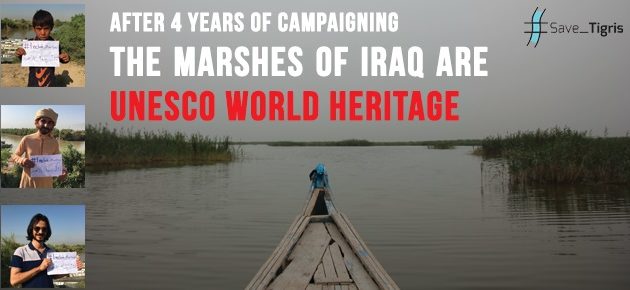UN Delegation Visits Dhi Qar Province to Assess A Possible Inclusion of the Marshes’ in the World Heritage List
The administration of Dhi Qar province said on Thursday that a delegation from the United Nations experts visited the province in order to assess a possible inclusion of the Marshes in the World Heritage List.
According to the governor of Dhi Qar “a delegation of international experts is visiting the province in order to assess the current state of the Marshes.” As he explained during a meeting with the delegation in the presence of provincial council member Rahman Al-Tai and other representatives from the Ministry of Water Resources, “this could pave the way for inclusion of the Marshes in the World Heritage List. The administration of Dhi Qar province is keen to secure all the requirements to ensure the inclusion of the Marshes”.
In a statement of the province to Shafaq News, the governor said that “the delegation was of the conviction that human activities in the Marshes are still viable, and the area can be a prime example of a natural area with great historical significance”.
The file of the Marshes’ nomination for inclusion in the World Heritage List will be subjected to vote in June 2016 in a conference in Turkey. The Dhi Qar administration stressed that the vote will require a strong effort of the President and the Ministry of Foreign Affairs to rally support for the Marshes for its inclusion in the World Heritage List.
The governor of Dhi Qar described the meeting with the UN experts as fruitful, expressing his hope that it will contribute to the inclusion of the Marshes on the World Heritage List.
Hussein Al-Asadi, supervising the Marshes’ file, explained that the delegation’s visit to assess the state of the Marshes is part of the final stage of their inclusion in the World Heritage List. The visit started in the Marshes of Basra province, then to Dhi Qar and then Maysan. He added that global concern is necessary for the large areas of wetlands in the marshlands.
Al-Asadi stressed the desire of international experts to involve local experts in the management of the Marshes. He noted that an overall management plan should start from the bottom, through the local population of fishermen and peasants, tribal leaders and clerics, further up to the local government and the provincial councils, governors and Council of Ministers.
Osama Witwit, the director of the Marshes’ revival in Dhi Qar, said that “the Central Marshes and Al-Hammar Marshes have been included in the Ramsar Convention. Inclusion of the Marshes in the World Heritage List would support Iraq’s demand of secure water shares, in order to safeguard the Marsh areas.
Dhi Qar province is collaborating with the Ministry of Environment and the United Nations Development Program (UNDP) and the United Nations Educational, Scientific and Cultural Organization (UNESCO) in order to declare the Central and Southern Marshes in the World Heritage List in 2016.





